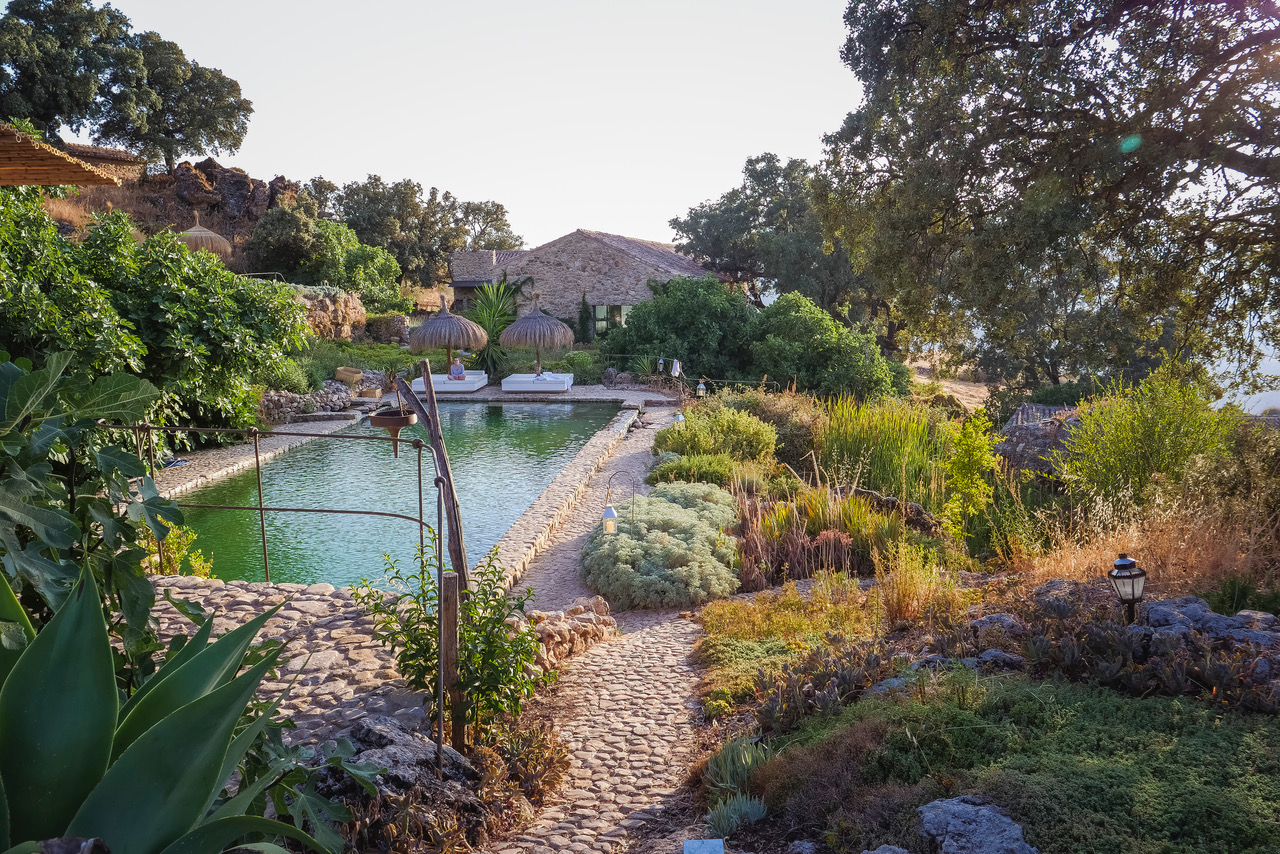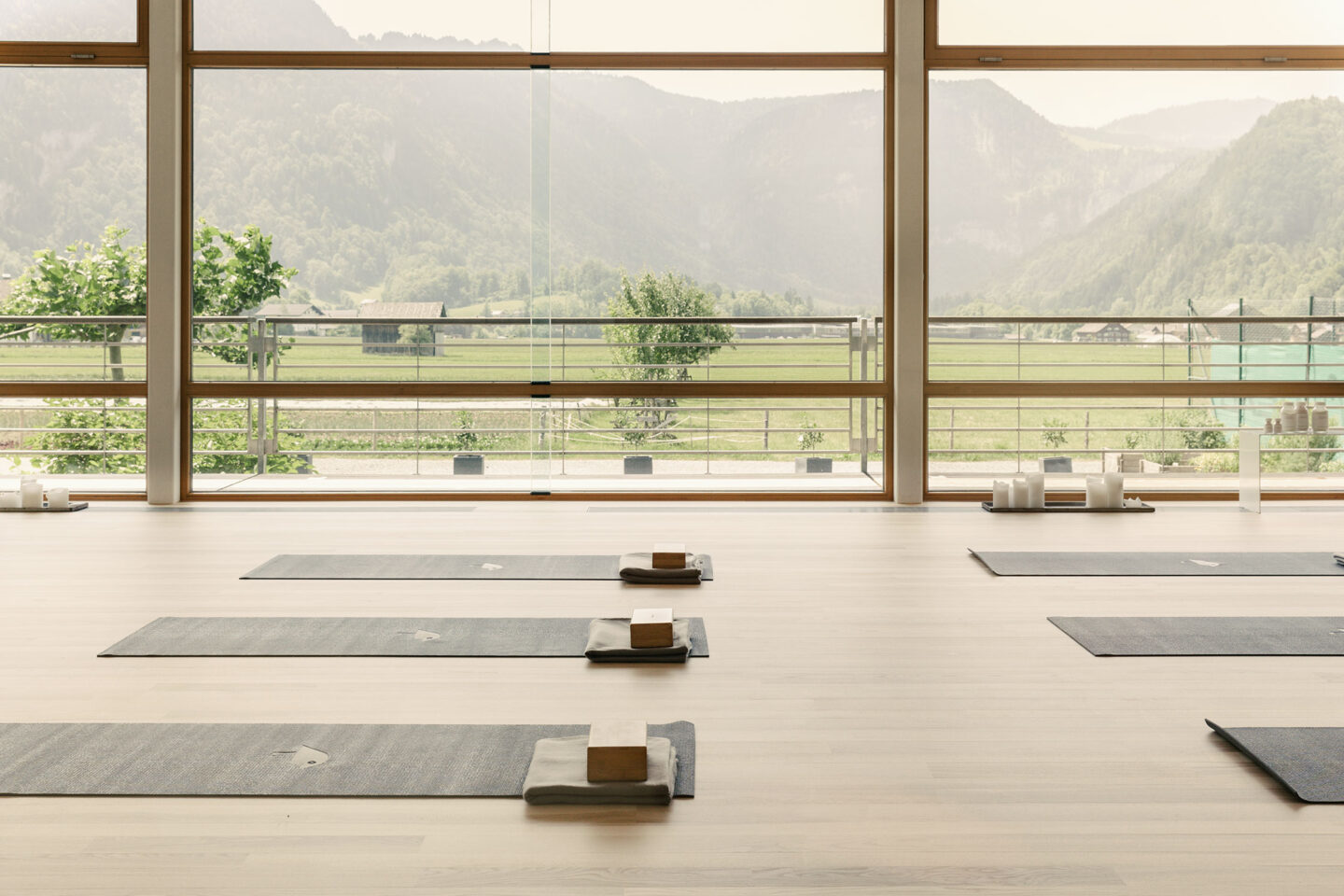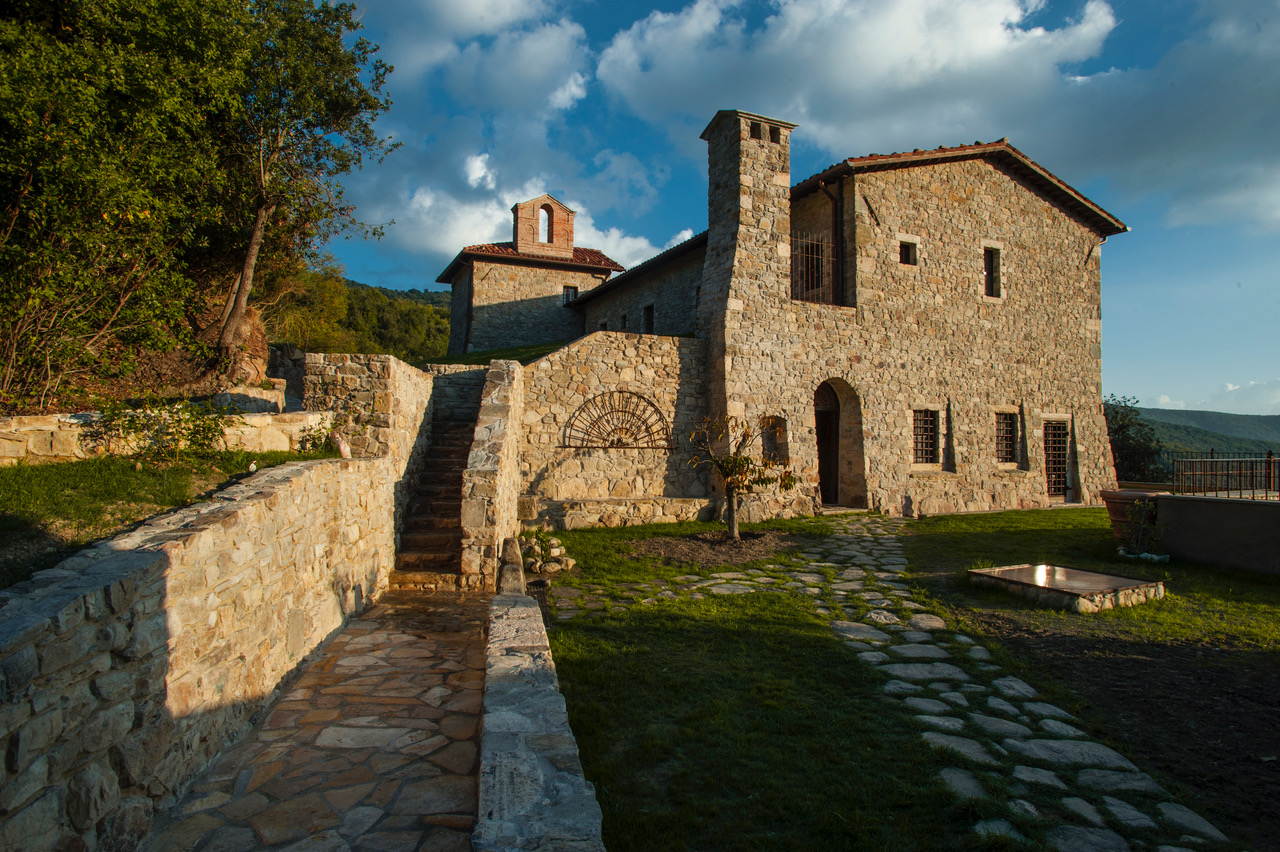In today’s fast-changing society, there is often not much time for relaxation and unwinding. Terms such as “slowing down” are becoming increasingly important in order to provide an adequate balance to the hectic pace of everyday life. Similarly, the concept of Slow Travel is becoming more and more popular. But what exactly does slow travel mean and how can you travel more slowly?
What is Slow Travel?
So when it’s time for a vacation, what could be better than traveling to a place and making the journey there as conscious as the stay itself? In this way, even the trip to the destination becomes part of the experience. Enjoying the little things along the way, sampling regional foods, and engaging in local activities are not only fun but also support the local community at the same time. The Slow Travel idea, also known as Conscious Travel, addresses these very points and derives from the Italian concept of Slow Food. Besides the obvious meaning of the term slow travel, the World Tourism Organization (UNWTO) has published the following definition: “Slow Travel allows a different kind of exchange and interaction compared to that of hectic mass tourism, with economic benefits for the host and cultural benefits for the tourist”.
How can you travel slower and make more conscious experiences?
Slow Travel gives you the opportunity to perceive places more consciously, to learn more about other cultures and thus to understand them better. It also helps you to better understand socio-cultural structures. Another important element of Slow Travel is the opportunity to become part of the local life and to interact with the destination and its people. Be it the first espresso in Italy, strolling through small alleys in Portugal or the first “Buenas Dias” from the local weekly vendor while buying fresh oranges in southern Spain. It is precisely these experiences that remain in our memories and leave a lasting impression. Traveling slower and thus discovering your surroundings more consciously, without having to check off a bucket list, allows you to get a more lasting and personal impression. To slow down your everyday life, it also helps if you spread your stay over several days. Thus you can make your own individual experiences and consciously experience a destination. Through longer stays, you have enough time to get to know the place and to perceive it with all its facets. At the same time, you get a feeling of how closely the concepts of Slow Travel and Slow Food, which originate from Italy, are connected.
In short, consider this to travel slowly:
- Extend your travel time
- Shorten your travel distance
- Try local food at local restaurants
- Experience local culture actively
- Shop in local stores and markets
Slow Food & Slow Travel
The Slow Food concept strives to preserve regional cuisine and local food production. Healthy eating and enjoyment are becoming more and more important. Ensuring this is part of the concept. Enjoyment means quality and this takes time, hence the term Slow. However, good quality can only be ensured if ecological cultivation, preservation of biodiversity and culinary culture are taken into account. Slow Travel is also about getting to know local cultures and places better and in peace. Here, too, enjoyment and quality are in harmony. The Slow Travel concept comes from Italy for a reason. The Mediterranean region provides the perfect feel-good moments for those who like to be inspired by the La Dolce Vita lifestyle.
Slow Travel Hotels
Our most beautiful wellness oases offer you the perfect culinary culture through personally created menus with ingredients from their own cultivation and allow you to slowly enjoy your entire stay. Thus, the vacation becomes a very special journey of experience. The hotels provide a very special “slow down” effect. Let yourself be pampered by unique surroundings and excellent service while you get to know the destination, its culture, and people better. Our hotels offer places where you can regenerate and get in tune with life’s priorities.
La Donaira – Luxurious Eco Retreat in the Mountains of Andalusia
In the midst of the Andalusian mountains, the former farmhouse is located on over 1700 hectares of nature. It is the perfect retreat for those who appreciate a healthy and mindful lifestyle. Between an equestrian center with beautiful Lusitano horses and an organic farm, the 9 rooms and yurts with rustic yet chic country – aesthetics offer the perfect slow travel experience. With a minimum stay of 2 nights, the experience can be enjoyed to the fullest. Meals are prepared daily according to your food preferences, for which the chef sources much of the farm’s own produce.
Hotel Post Bezau by Susanne Kaufmann – Wellness Retreat at Bregenzerwald
Surrounded by the Bregenzerwald, the wellness hotel is located with a special focus on holistic retreats. Food is prepared in a sustainable and resource-saving way, for which the 4,000-square meters hotel garden offers the perfect source. Yoga- Beauty- and Detox- Retreats from 3 to 10 days, complete the concept.
Eremito Hotelito del Alma – a Luxurious Monastery for Slowing Down
Handmade of stone, this boutique hotel in Umbria is a reinterpretation of luxury. It is based on concepts of peaceful relaxation, far from digital interaction and thus without phones or TVs in the rooms. A place that recalls the quiet and simple life. Perfect for your own personal slow travel experience. For the purely vegetarian menu, which is served in the open air if the weather allows, fruit, vegetables, and herbs from their own garden are used.
Slow Travel as a contribution to the 17 United Nations Goals
Slow Travel can not only be defined in different ways but can also be specifically linked to the 17 United Nations Sustainable Development Goals (UNSDGs). In particular, Goal 12 – sustainable consumption and production, and Goal 13 – climate action – are of great importance here. Both goals deal with problems caused by “Fast Travel” and mass tourism. We, as Select Green Hotels, support the achievement of these goals through direct action as well. By actively supporting reforestation projects in PEFC-certified mixed forests in Germany, we contribute to the development of climate-resistant forests. The idea is also reflected in our criteria, according to which we check our partner hotels. For example, our Conservation criterion focuses on the responsible use of resources and the protection of biodiversity and cultural heritage. Our Food criterion focuses on the use of regional and seasonal products, as well as homegrown food. In contrast to mass tourism and fast travel, the Slow Travel concept can be helpful in achieving these goals and raising the awareness of each individual.






